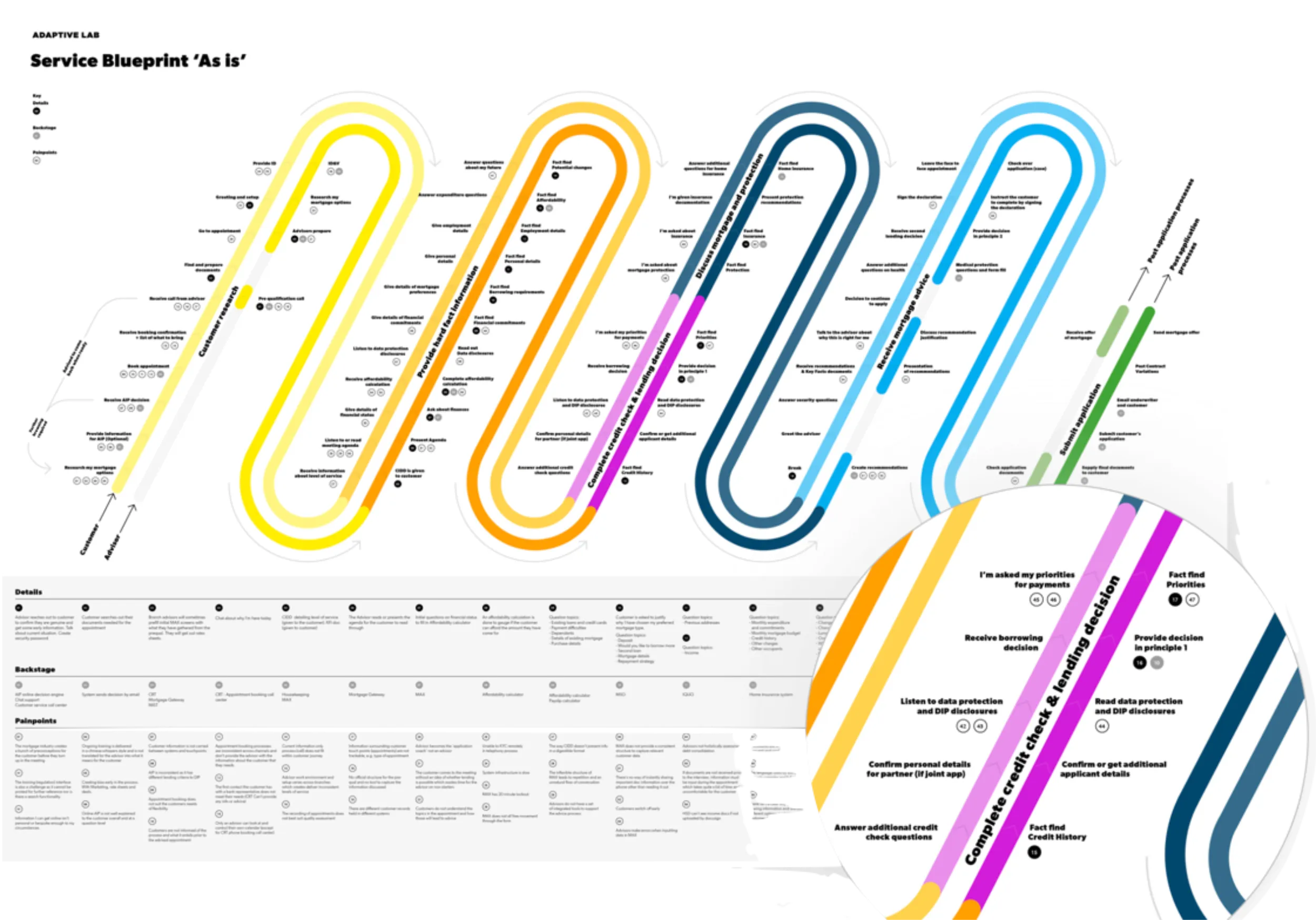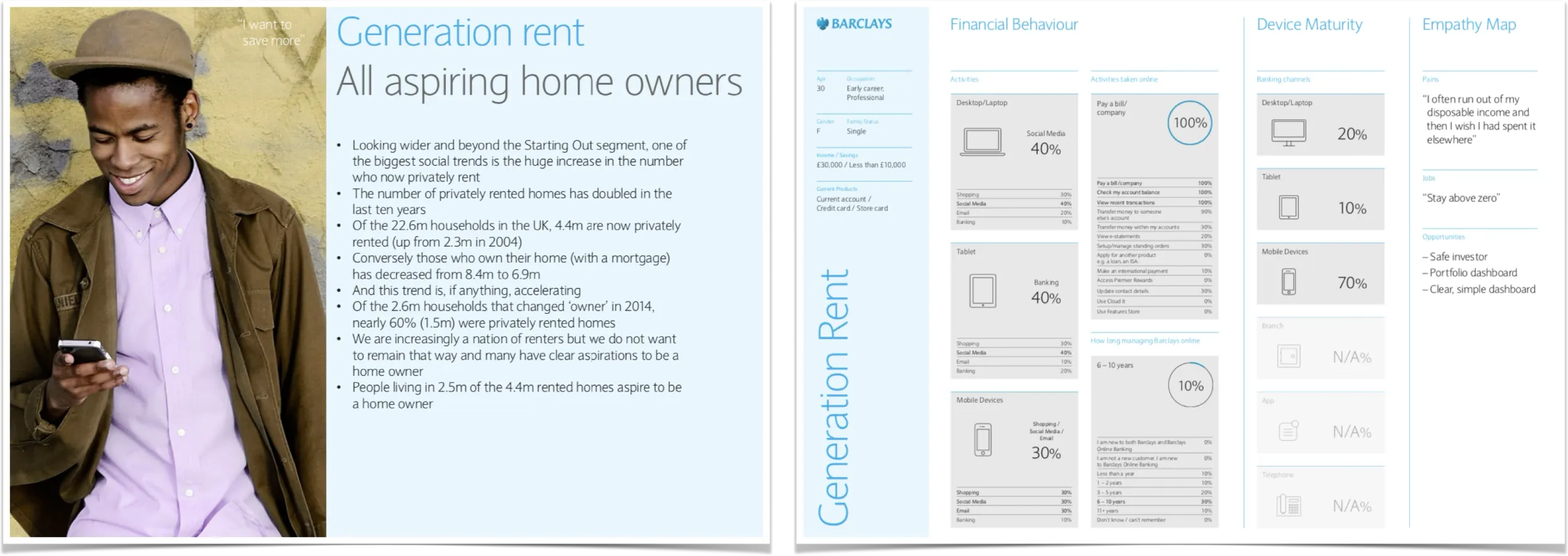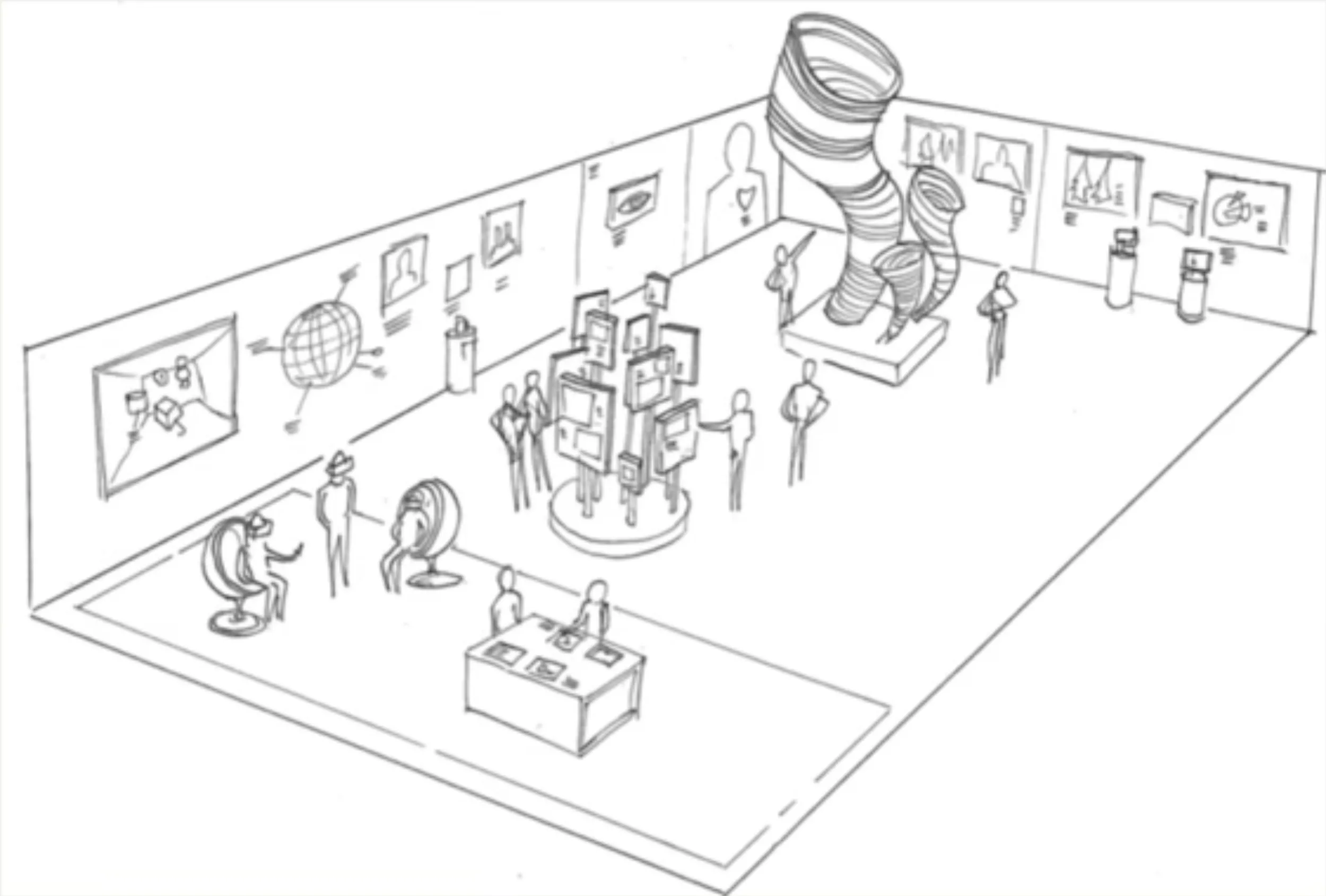About me
I'm Tom Eldridge, and I help organisations build better relationships with the people they serve.
My work sits at the intersection of design and strategy. I spend my time understanding how businesses, government bodies, and services can become more sustainable and people-focused. Most of my projects involve digging deep into how people actually experience services, then working with teams to design something better.
I studied Political Science at the London School of Economics, which might seem like an odd path to design. But it taught me to think in systems and consider the bigger picture. These skills shape how I approach every project today.
My background combines service design and user research with strategic thinking. I work with organisations to spot the right opportunities and prototype solutions that actually work for real people. Much of this happens through workshops, research, and building things we can test and learn from.
What drives my work
I believe the best solutions come from really understanding people and the systems they navigate. Whether I'm working with a startup or a government department, I'm always asking: how can we make this work better for everyone involved?
As a designer, I value getting out of the office and meeting people where they are. I thrive when working with diverse teams who challenge my thinking and bring different perspectives to the table.
Life beyond design
I'm a runner and triathlete who discovered both sports embarrassingly late in life. And I'm powered by good coffee rituals—the AeroPress is my current daily driver—and the patience of my family and friends.

















.svg)